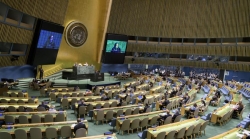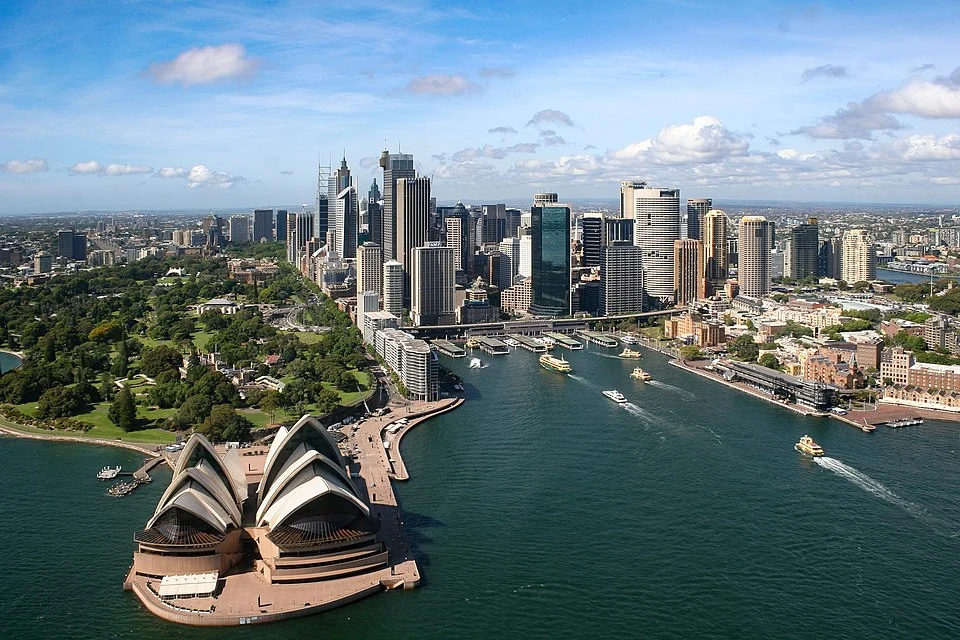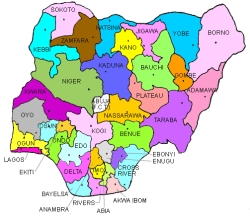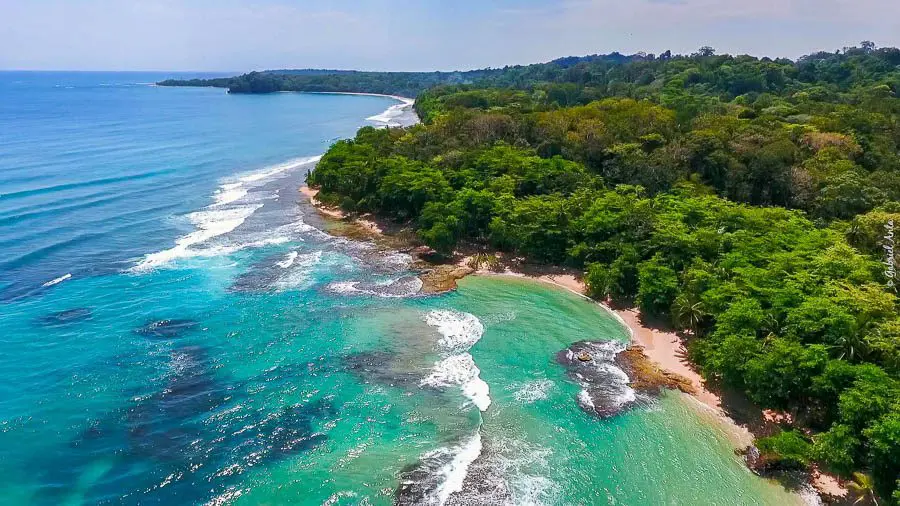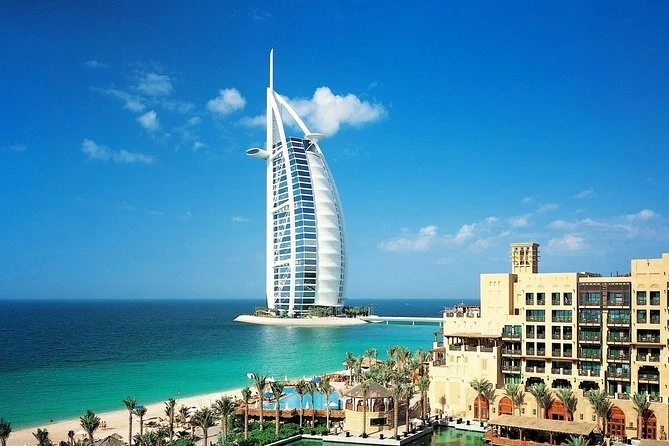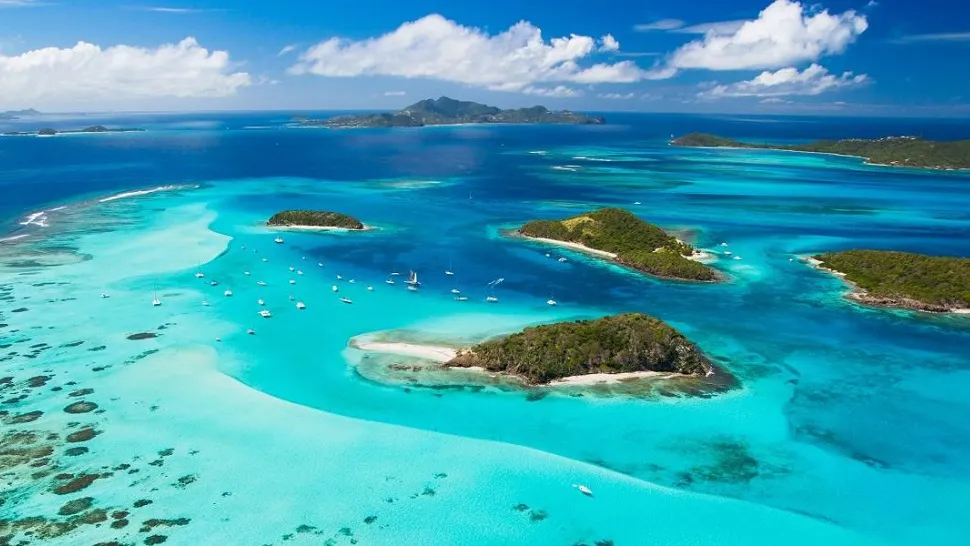Home / Blog / Travel & Geography
List of Non-UN Countries and Why They Aren't Members
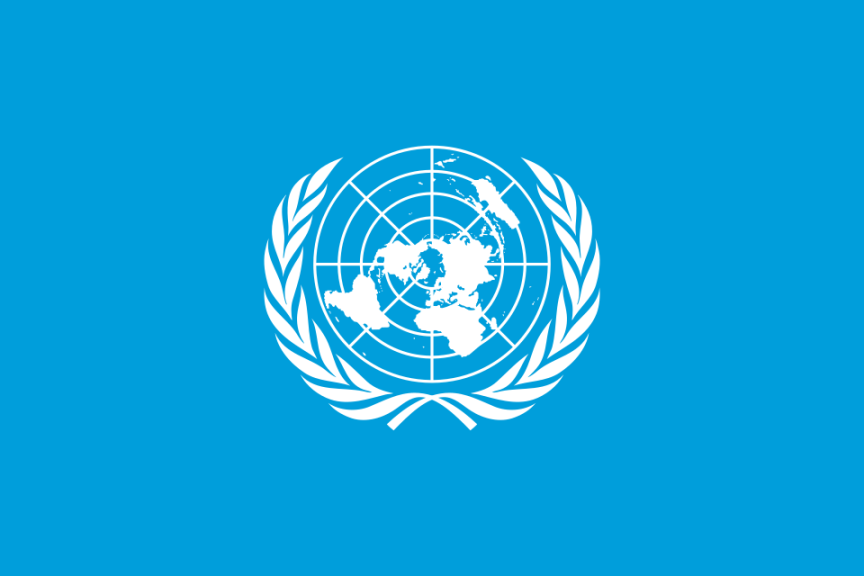
The United Nations (UN) is the world's largest and most recognized international organization, with 193 member states as of today. It serves as a global platform for diplomacy, peacekeeping, development, and cooperation among nations. However, not every country or territory is part of this global organization.
Some entities remain outside the UN system—either by choice, lack of recognition, or geopolitical complexity. These non-member countries often operate with limited diplomatic recognition, restricted access to international organizations, and unique political situations. Yet, many of them function with their own governments, economies, and even foreign relations.
In this article, we’ll explore the list of non-UN member countries and the complex political reasons behind their absence from the United Nations.
Non-UN Member Countries (Permanent UN Observer States)
1. Vatican City (Holy See)
- UN Status: Permanent Observer State (Not a full member)
- Why Not a Member: The Vatican City is a unique religious and sovereign entity. It has chosen not to become a full UN member to maintain neutrality and avoid involvement in international politics. However, it participates in UN activities as an observer.
2. State of Palestine
- UN Status: Permanent Observer State (Not a full member)
- Why Not a Member: Recognized by over 130 UN members and granted observer status, Palestine is not a full member due to political opposition, especially from the United States and some Western countries, largely tied to the Israeli–Palestinian conflict.
As non-member observer states, both countries are welcomed in the General Assembly and have access to most United Nations benefits and service opportunities, but cannot cast votes. Both permanent observer states also have the potential to join the United Nations eventually as full members.
Widely Recognized as Countries but Not UN Members
These are territories or entities that claim independence and function like sovereign states but are not UN members, often due to limited international recognition.
3. Taiwan (Republic of China)
- UN Status: Not a member
- Why Not a Member: Taiwan held China’s seat in the UN until 1971, when it was replaced by the People's Republic of China. Since then, China’s political clout has prevented Taiwan’s re-entry, despite Taiwan operating as a sovereign democratic nation.
4. Kosovo
- UN Status: Not a member
- Why Not a Member: Declared independence from Serbia in 2008 and is recognized by over 100 UN countries. However, Serbia, Russia, and China oppose its membership, making consensus in the Security Council impossible.
5. Western Sahara (Sahrawi Arab Democratic Republic)
- UN Status: Not a member
- Why Not a Member: Claimed and mostly controlled by Morocco, though the Sahrawi Arab Democratic Republic has been recognized by several countries and is a member of the African Union. Its status remains unresolved in the UN.
Other Territories with Limited or No Recognition
6. Northern Cyprus
- UN Status: Not a member
- Why Not a Member: Declared independence in 1983 but is recognized only by Turkey. The UN and most countries consider it part of the Republic of Cyprus.
7. Abkhazia
- UN Status: Not a member
- Why Not a Member: Broke away from Georgia in the early 1990s and is recognized by a few nations including Russia. Most of the world, including the UN, still considers it part of Georgia.
8. South Ossetia
- UN Status: Not a member
- Why Not a Member: Similar to Abkhazia, it declared independence from Georgia and is recognized by a handful of countries. It’s seen as Georgian territory by the international community.
9. Transnistria
- UN Status: Not a member
- Why Not a Member: A self-proclaimed republic within Moldova, unrecognized by any UN member states. Despite having its own government and military, it remains legally part of Moldova.
10. Somaliland
- UN Status: Not a member
- Why Not a Member: Declared independence from Somalia in 1991 and operates as a stable, democratic entity. However, it lacks international recognition and is treated as an autonomous region of Somalia.
The world is more politically fragmented than UN membership numbers might suggest. From well-functioning democracies like Taiwan and Somaliland to contested regions like Western Sahara and Kosovo, these entities challenge the conventional definitions of statehood and sovereignty.
Their absence from the United Nations is not a reflection of their legitimacy or capacity to function independently—it’s a reminder of how deeply politics, power, and recognition shape our global institutions.
